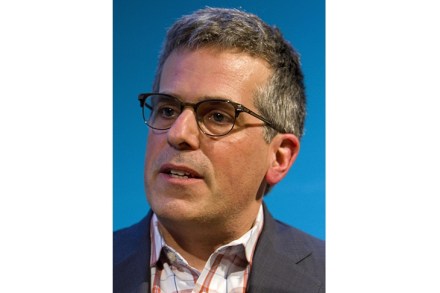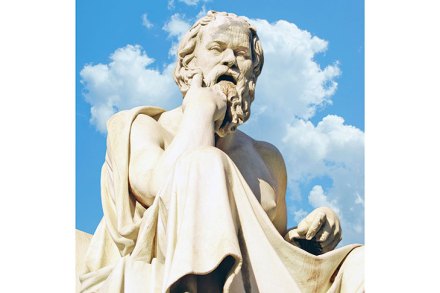King of the Bears
Jonathan Lethem’s new book is billed as ‘his first detective novel since Motherless Brooklyn’, which won America’s national book critics circle award for fiction in 1999. But if you’ve ever read his work, you’ll know not to expect a straightforward crime-solving tale — or anything like it. Throughout his career, Lethem has set out to wrong-foot his readers with a tricksy blend of realism, literary pastiche, ruminations on America and narrative elements that are deeply, even recklessly, odd. Now, in The Feral Detective, he’s at it again. The book begins traditionally enough, with the thirtysomething narrator Phoebe Siegler hiring a suitably grizzled Californian private eye called Charles Heist to track




















